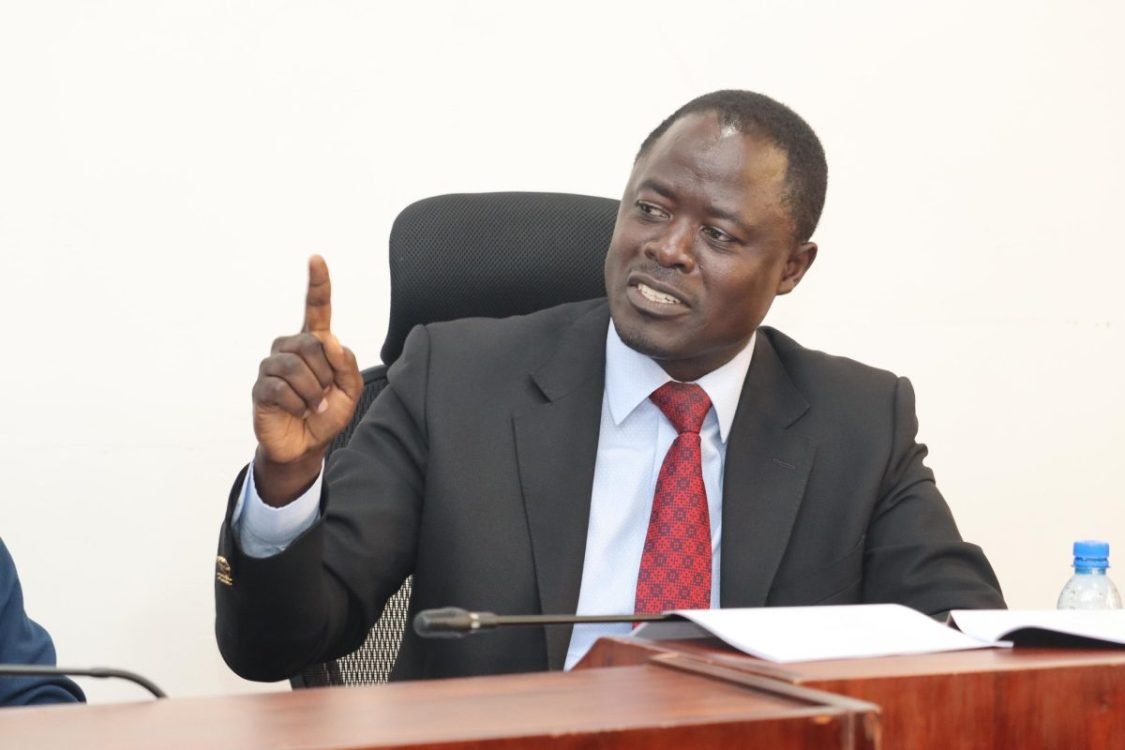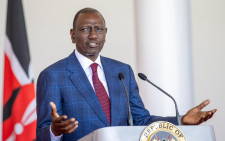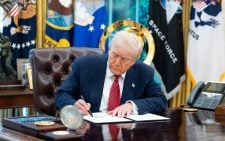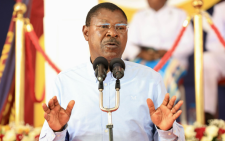Ministry blames Murkomen in fuel price row
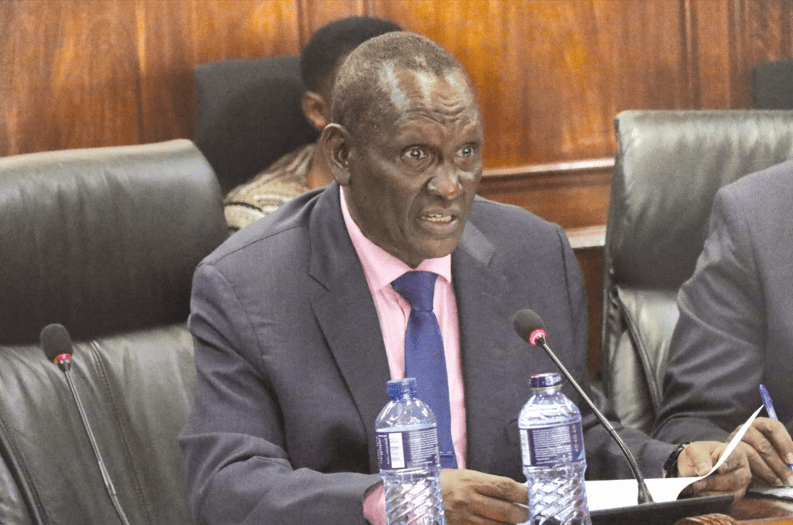
The Ministry of Energy and Petroleum has accused former Transport Cabinet Secretary Kipchumba Murkomen of hiking fuel prices by Sh8 per litre.
The claim came after the Energy ministry and the Energy and Petroleum Regulatory Authority (EPRA) denied taking part in increasing the levy.
In a report to the Senate’s Energy Committee, chaired by Wahome Wamatinga (Nyeri), Petroleum Principal Secretary Mohamed Liban could not confirm whether Murkomen, who was responsible for gazetting the Road Maintenance Levy (RML), sought the views of citizens before the gazetting the increase.
“The public participation was therefore not to be conducted by EPRA but by the minister responsible for reviewing the Roads Maintenance Levy, as provided for in the Act,” Liban said.
Revised rates
EPRA, he said, was required by law to carry out the changes upon the gazetting of the higher levy by the Cabinet Secretary in charge of Transport.
“EPRA had to include the revised rates of the RML in the computation of the applicable prices for the period July 15 – August 14 pricing cycle,” he said.
This, he added, is in line with the provisions of Regulation 3 (3) of the Petroleum (pricing) Regulations, 2022 (Legal Notice No. 192 of 2022).
Last month, EPRA increased the RML after Murkomen gazetted the hikes, triggering an uproar.
The levy rose by 39 percent per litre, from Sh18 to Sh25.
“The application RML rates were revised upwards by Sh7 per litre on both super petrol and diesel. This therefore means that the impact on the pump is an increase of Sh8.12 per litre, inclusive of Value Added Tax (VAT),” the PS said.
The projected prices of super petrol, diesel and kerosene were to drop by Sh5.27, Sh6.74 and Sh0.2 per litre, respectively, in the last review, Liban added.
Pump prices
Computing petroleum pump prices considers the landed cost, which is the weighted average costs of imported super petrol, diesel and kerosene, storage and distribution costs, gross margins and applicable taxes and levies.
Murkomen, nominated for the Sports Cabinet Secretary, was in charge of the Roads and Transport ministry at the time.
Before to the changes were gazetted, he sought to address issues raised by Kenyans on the proposed RML, saying it would not impact fuel prices or the cost of living.
He said the aim was to bridge the financing gap in the budget for maintaining roads, saying collections at the time, which averaged Sh80 billion annually, were not sufficient.
Murkomen acknowledged that there had been fears among Kenyans that the plan would hit them hard financially.
“From the views we have received, many Kenyans are worried that an increase in the levy will result in a rise in the cost of living and fuel prices,” Murkomen said in a statement at the time.
If EPRA had decided not to impose the levy, he warned, most roads built in the previous decade would deteriorate further.
He explained that contractors were required to maintain a road for three years before that responsibility shifted to the national government.
It was unreasonable for the government to spend billions of shillings building roads and then fail to maintain them.
He projected that the financing gap would hit Sh315 billion in the 2028-29 financial year.



